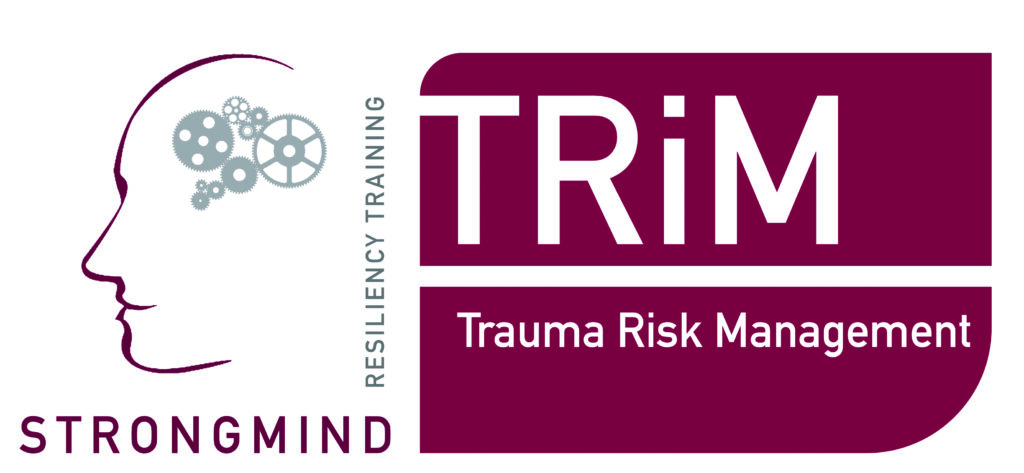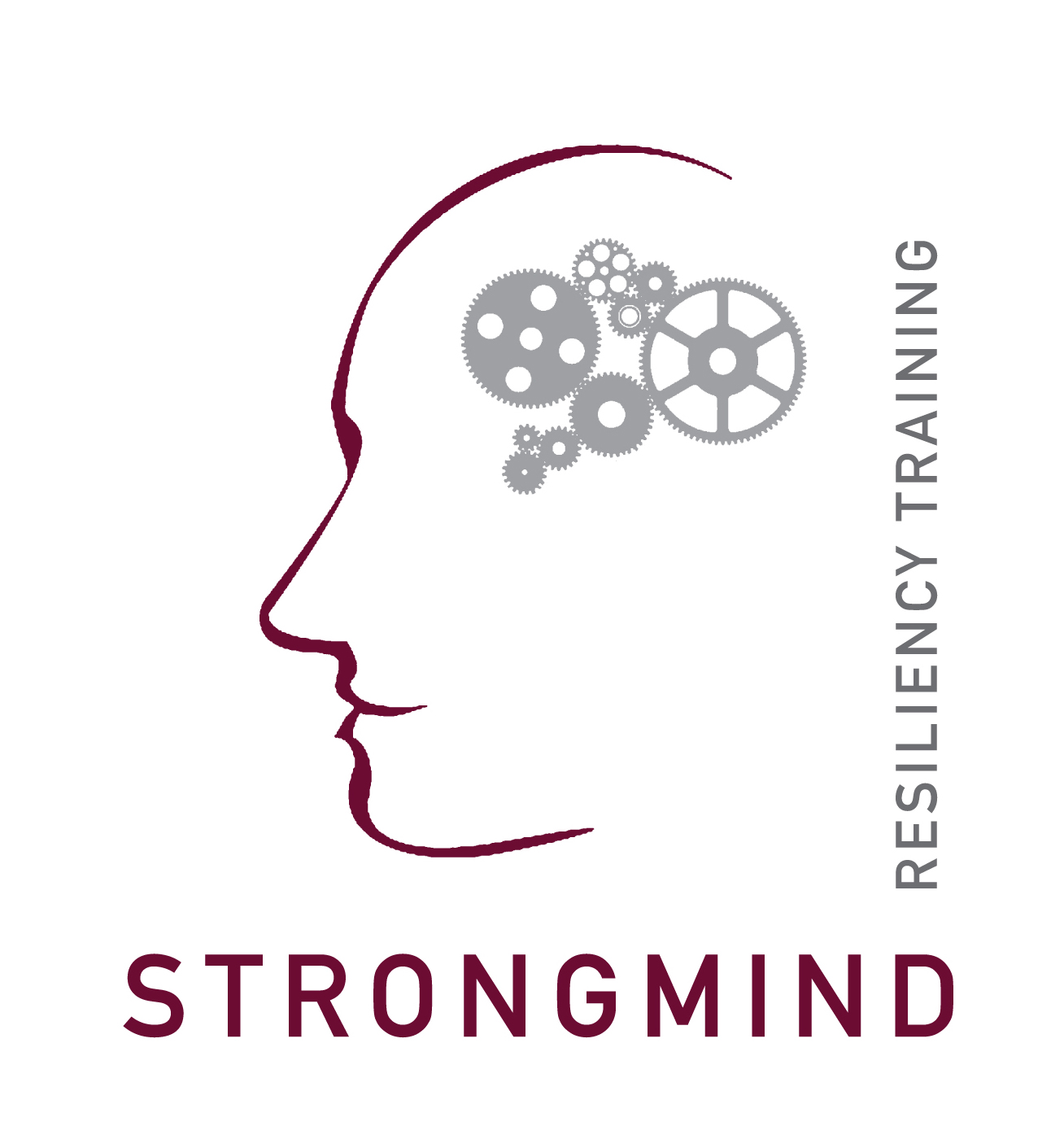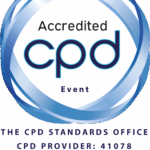Trauma Risk Management – Managers Course
Duration: 2 days
Delivery Method: Face to Face or Virtual
Course Capacity: Variable
Course Description
Where organisations adopt Trauma Risk Management (TRiM), it is essential that clear management support, policy, and leadership are in place. Without these, TRiM initiatives often struggle to succeed. The TRiM Manager plays a pivotal role in ensuring consistency and effectiveness, acting as the link between TRiM Practitioners, senior management, and wider staff wellbeing and welfare functions.
This advanced course is designed for qualified TRiM Practitioners who are moving into TRiM management roles. It focuses on developing the knowledge and skills required to supervise TRiM practitioners, implement TRiM policy and procedure, and oversee effective responses to traumatic incidents in the workplace.
The emphasis is on supervision, practitioner welfare, and monitoring the effectiveness of TRiM interventions. Managers will learn how to build cohesive and resilient TRiM teams, support staff following a traumatic event, and ensure best practice in line with organisational wellbeing objectives.

Course Aim
To equip TRiM Managers with the advanced skills needed to:
- Implement and uphold Trauma Risk Management policy and procedure.
- Provide effective TRiM supervision.
- Safeguard practitioner welfare and support staff wellbeing.

Course Outcomes
By the end of this course, delegates will be able to:
- Conduct advanced TRiM risk assessments and demonstrate effective active listening skills.
- Plan and coordinate organisational responses to traumatic incidents in the workplace.
- Supervise and monitor TRiM practitioners, ensuring their welfare and effectiveness.
- Act as the divisional or regional TRiM lead, providing guidance and leadership.
- Deliver low-level formal TRiM supervision and serve as a key point of contact for TRiM-related issues.
- Advise management on follow-up actions and monitor outcomes after TRiM risk assessments.
- Maintain accurate records, oversee TRiM follow-up assessments, and liaise with relevant departments to support staff and practitioner welfare.




